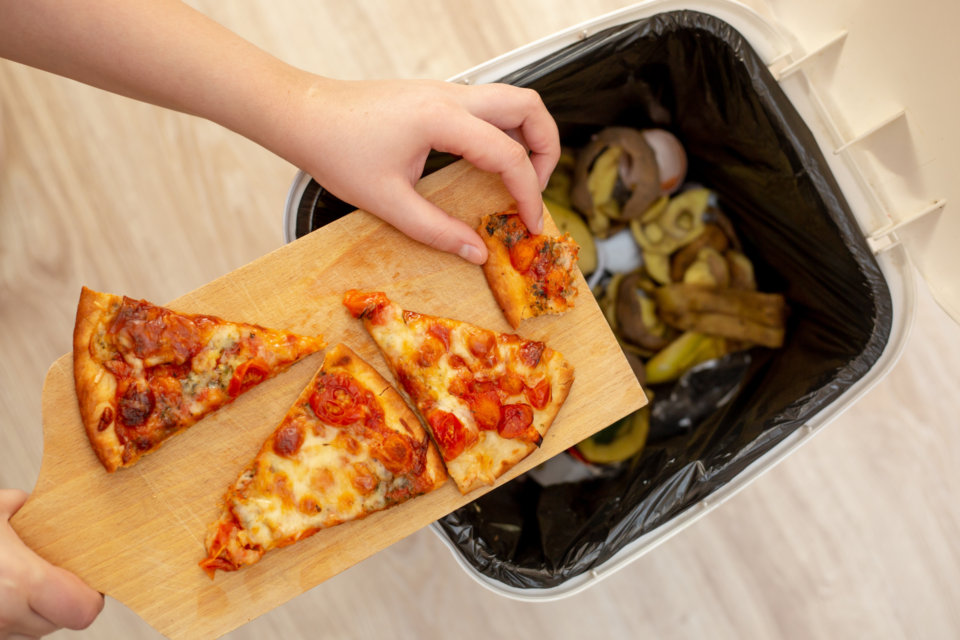The years-long downward trend in food waste has been broken, according to the latest research from the Wasteless programme. The survey, conducted in the fourth quarter of 2023, looked at the habits of almost 1,400 consumers in 501 households. Home cooked meals continue to top the food waste charts, followed by fruit and vegetables and bakery products. Registration for this year’s survey is now open to further investigate this trend. The amount of avoidable waste can be reduced through more conscious consumer behaviour, in which the key is to raise awareness to this issue. Our programme along with initiatives such as the World Day against Food Waste play a key role in this.
29 September is World Day against Food Waste: an ideal opportunity to take a closer look at the volume and composition of household food waste in our country. We started studying this issue in 2016 and have been measuring its evolution regularly since then.
In the latest survey, we collected data from 1,388 consumers in 501 households across the country to find out what food is thrown away and how food waste is used. The results of the survey, which ran between November and December 2023, show that the decline in household food waste in Hungary has slowed down in the last year. In fact, the average annual amount per capita increased by two kg to 62 kg compared to the same period in 2022.
Almost all of this gain was in the category of ‘avoidable food waste’, or pure waste. Home cooked meals, fresh fruit and vegetables, bakery products and dairy products continue to account for the majority of it (82.51%), although the population has become much more conscious of bakery products compared to 2016. Encouragingly, 82% of survey respondents feel they could further reduce their food waste. Furthermore, composting continues to maintain the popularity it has gained in recent years, with more than half of households composting in some way.
Exploring the reasons for the change in the positive trend over the years requires a deeper analysis. However, the “wearing off” of the impact of the coronavirus epidemic on household awareness and the moderation of food price inflation are assumed to play a role. The initial positive results may also have included a greater proportion of waste reduction due to lifestyle changes by people who are more receptive to sustainability, which is now embedded in the ‘average’. This underlines the importance of raising public awareness, especially among children and young people who are receptive to such new knowledge. Our survey also shows that waste is mostly caused by carelessness and inadequate planning, which can only be remedied by a change of attitude and attention, in which awareness is a key.
Household food waste measurement study in 2023 (Hungarian version is available):

